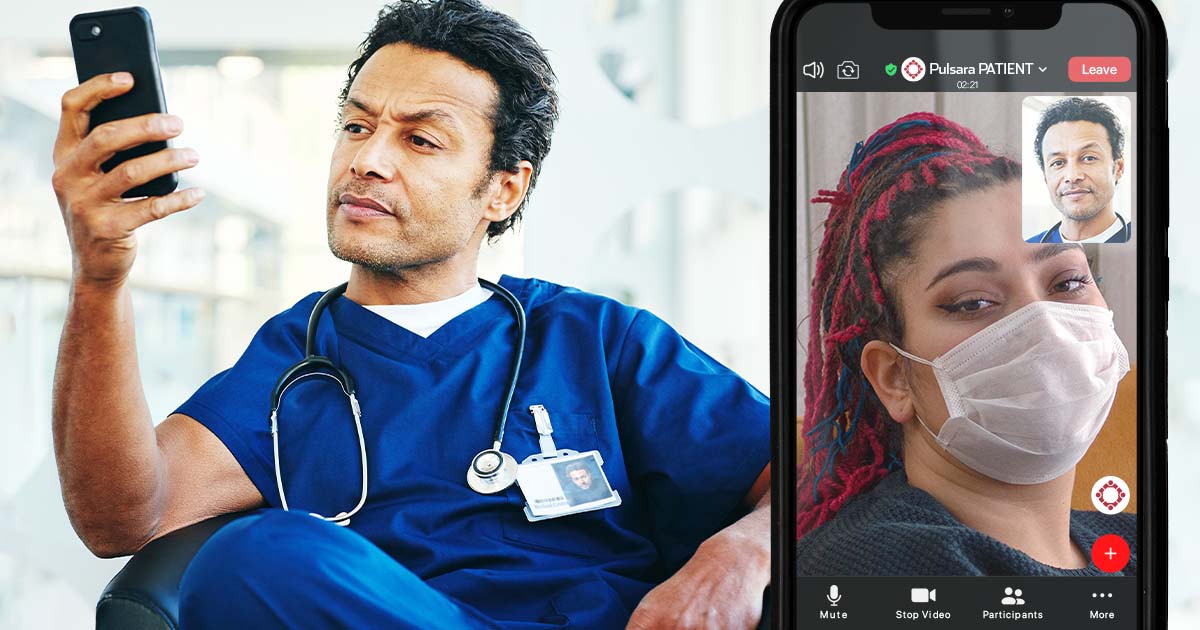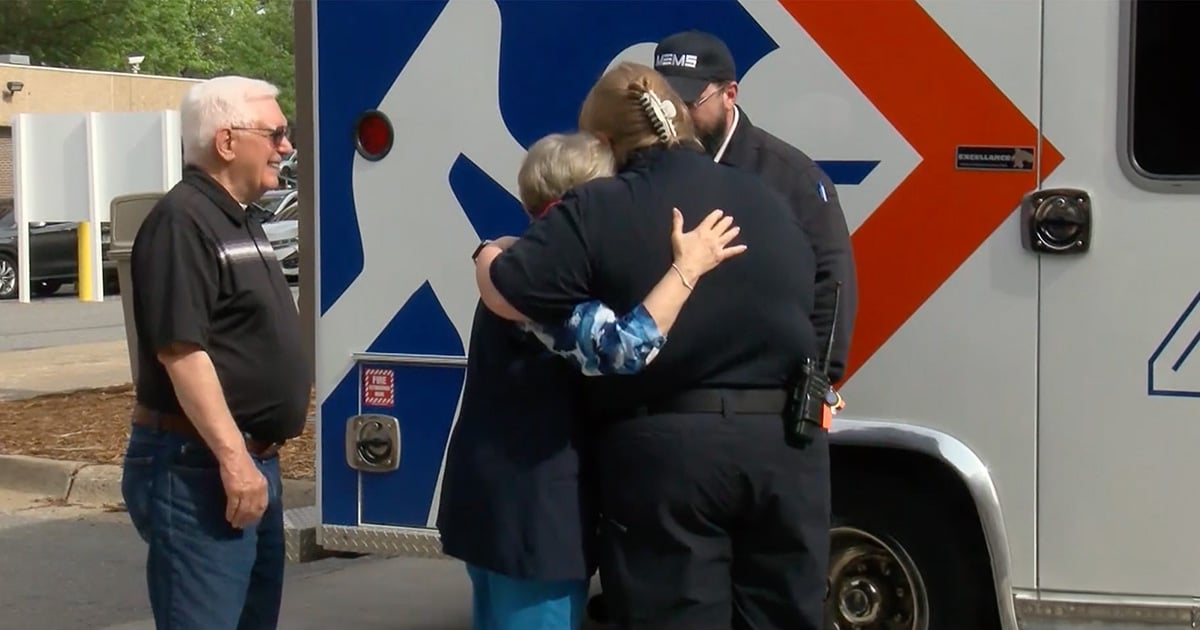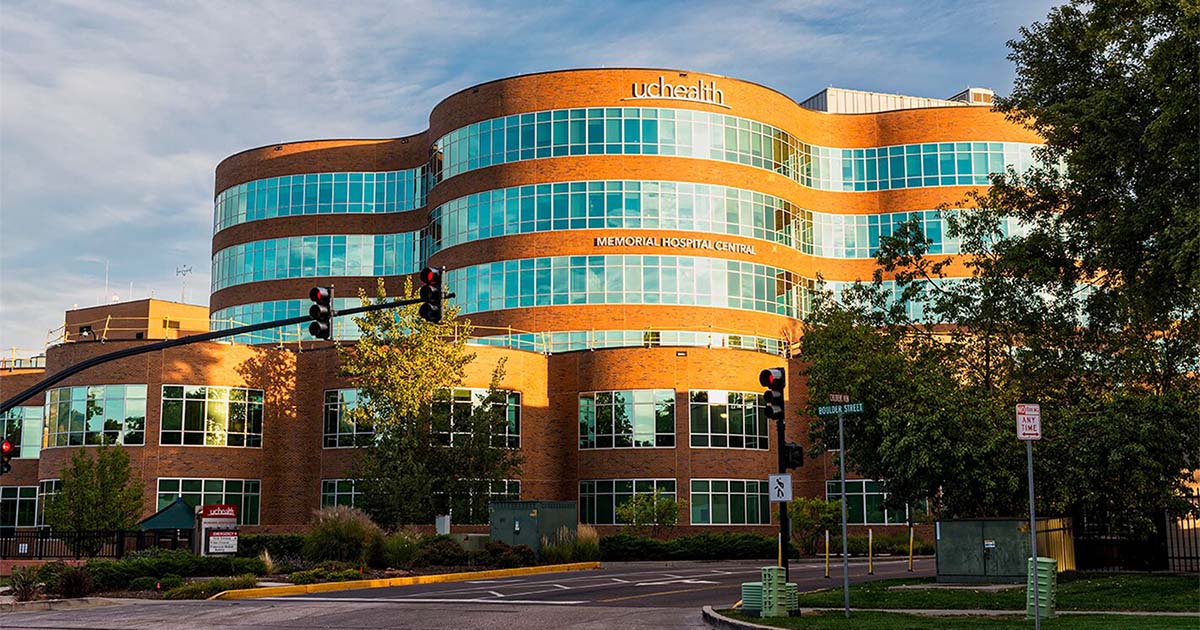Pulsara Around the World - July 2025
June Recap Celebrating Customer and Community Successes In Colorado Teams in Colorado Springs, CO, are using Pulsara to keep STEMI DTB times under 30...
2 min read
 Hannah Ostrem
:
Nov 03, 2016
Hannah Ostrem
:
Nov 03, 2016

We've been saying it's coming for a long time (but we're also a little biased): There's a revolution in EMS thanks to new technologies and information that have propelled EMS into a much broader community role than transporting patients to the hospital.
According to a recent article in the Wall Street Journal, EMS crews across the country continue to provide more and more advanced treatment before patients are taken to the hospital. In some cases, paramedics are even beginning to make house calls to provide medical attention to patients whose conditions are not life-threatening. Communities that have implemented this concept known as EMS 3.0, send medics to treat patients at home for shortness of breath, dehydration, abrasions, abdominal pain, minor fever, cold-like symptoms, minor falls, as well as helping to manage chronic conditions like diabetes, and ensuring patients who were recently discharged from a hospital are following their care instructions.
Systems like these can save money for the patients, EMS systems, and the nation as a whole. Current policies often reimburse EMS agencies only if they transport a patient to a hospital. A 2013 study published in Health Affairs states that if Medicare reimbursed EMS agencies for other services linked to patient outcomes rather than the current fee-for-service model, it could save the federal government up to $560 million/year by improving the continuity of care. The study also noted that if private insurance companies did the same, the savings could double.
-965704-edited-004947-edited.jpg?width=424&name=paramedic%20genuine%20(1)-965704-edited-004947-edited.jpg) In several cities, a community medicine service has already been implemented, wherein paramedics examine patients in their homes, consult with doctors via telemedicine, and often save the patient a trip to the hospital (and the much larger bill). According to data from Mount Sinai, New York, out of 36 patients who used such a service over a six-month period, only five were taken to the hospital. This gave an estimated savings of $1,400 per encounter. Furthermore. a test of 983 patient encounters using a similar program from August 2012 to February 2013 in Mesa, Arizona showed a cost savings of over $1 million.
In several cities, a community medicine service has already been implemented, wherein paramedics examine patients in their homes, consult with doctors via telemedicine, and often save the patient a trip to the hospital (and the much larger bill). According to data from Mount Sinai, New York, out of 36 patients who used such a service over a six-month period, only five were taken to the hospital. This gave an estimated savings of $1,400 per encounter. Furthermore. a test of 983 patient encounters using a similar program from August 2012 to February 2013 in Mesa, Arizona showed a cost savings of over $1 million.
Technology advances also offer exciting new ways of making information sharing easier in emergencies, ultimately saving time and money. FirstNet is a service developing a high-speed, nationwide, wireless broadband network dedicated solely to public safety, with the goal of helping all first responders be able to receive and transmit images, messages, videos, and telemedicine services in any location, including rural areas or other places where cellular and wireless services are lacking. Another innovation, Next Generation 911, allows callers to send video and pictures to dispatchers rather than the phone-call only systems used widely today.
And, of course, Pulsara replaces the web of antiquated technologies that do not integrate and that are often responsible for data being lost or team members being left out of the loop in time sensitive emergencies. Having the ability to send secure images, messages, and patient updates as well as see key metrics, stats, and care team notifications reduces time to treatment and miscommunication errors for critical patients.
First responders provide an invaluable service to our communities, and the expanding roles they are able to play through innovations in technology and protocols are beneficial to patients, communities, and the nation alike.

June Recap Celebrating Customer and Community Successes In Colorado Teams in Colorado Springs, CO, are using Pulsara to keep STEMI DTB times under 30...

How Metropolitan EMS and Baptist Health Medical Center worked together to achieve a remarkable outcome for one stroke patient When a woman in Little...

UCHealth Memorial Hospital is Using Pulsara to Facilitate Feedback, Education, and Better Outcomes Across Organizations What if the future of...